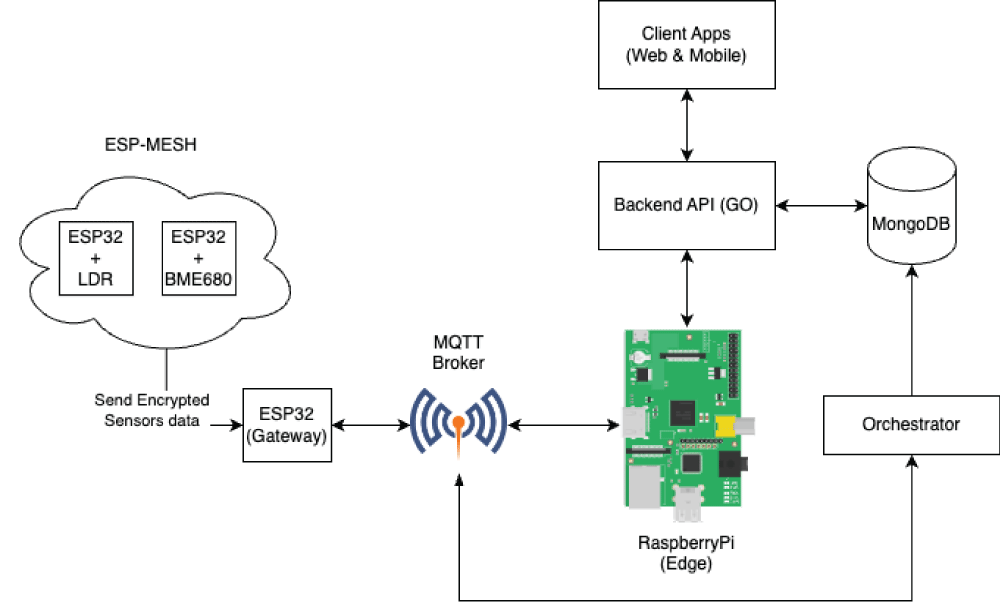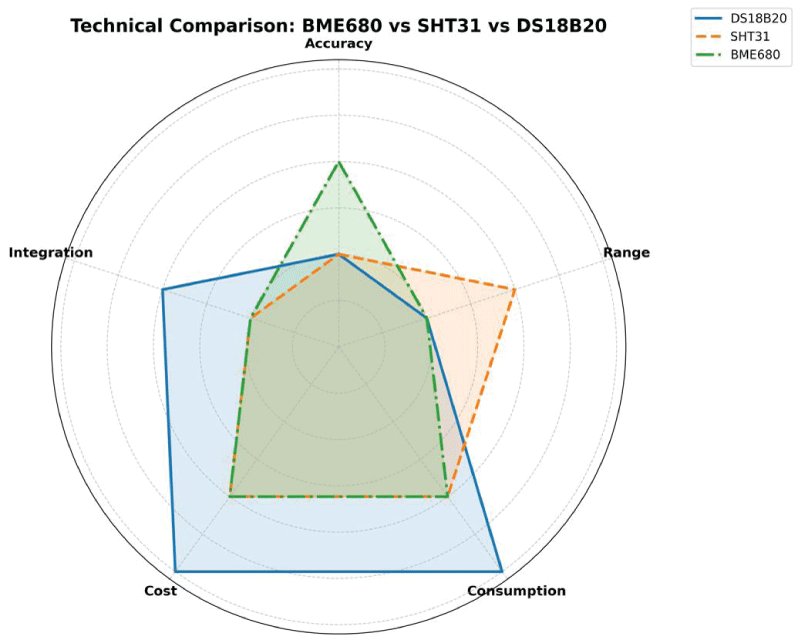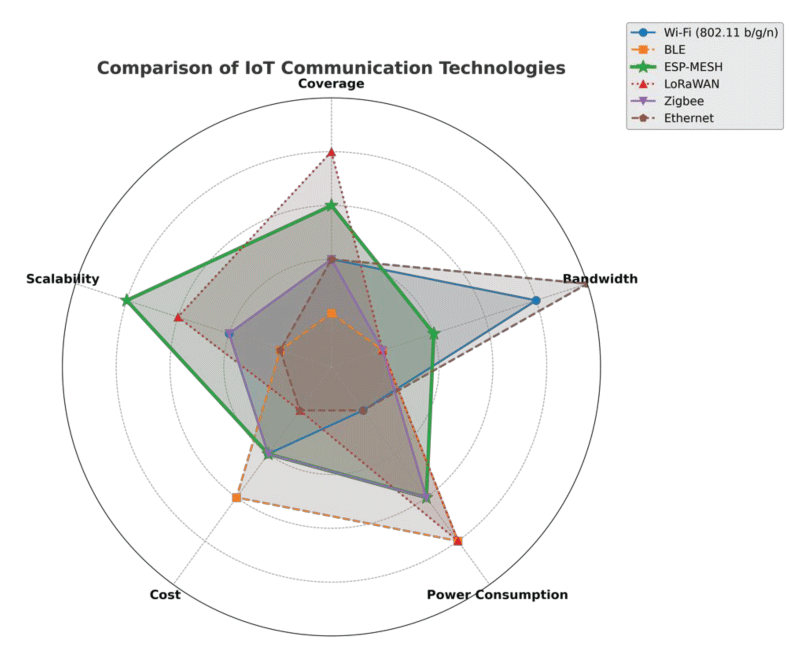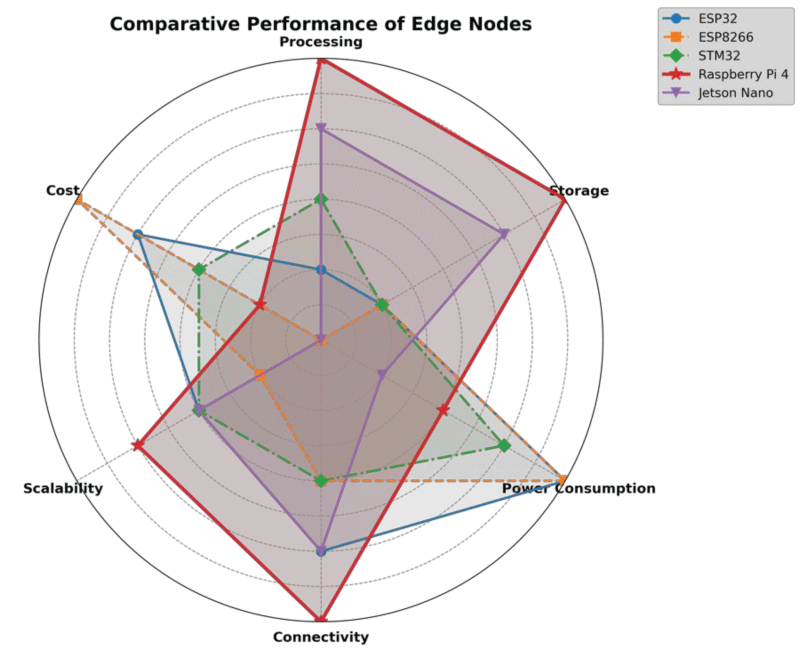Abstract
The accurate monitoring of temperature is critical in a wide range of sectors, including healthcare, pharmaceuticals, food logistics, and data centers, where even minor thermal deviations can compromise safety, quality, and operational efficiency. Over recent years, the evolution of the Internet of Things (IoT) and embedded systems has significantly enhanced real-time temperature monitoring, enabling precise control via interconnected and autonomous systems.
This work aims to review and analyze current temperature measurement systems designed for critical environments. It identifies the strengths and weaknesses of different architectural approaches and their core components—such as sensors, actuators, microcontrollers, and gateways—focusing on aspects like scalability, reliability, energy efficiency, and response time. The study also highlights challenges and gaps in current technologies.
The review was conducted using a traditional literature analysis methodology, drawing from scientific databases including IEEE Xplore, B-on, and Google Scholar. Key research was synthesized to provide a comprehensive and up-to-date perspective on IoT-based temperature monitoring technologies and their applications.
The paper contributes a structured evaluation of the field and supports future research by outlining essential requirements, comparing technologies, and proposing directions for improvement in the development of adaptive, secure, and efficient temperature monitoring systems for high-risk environments.











